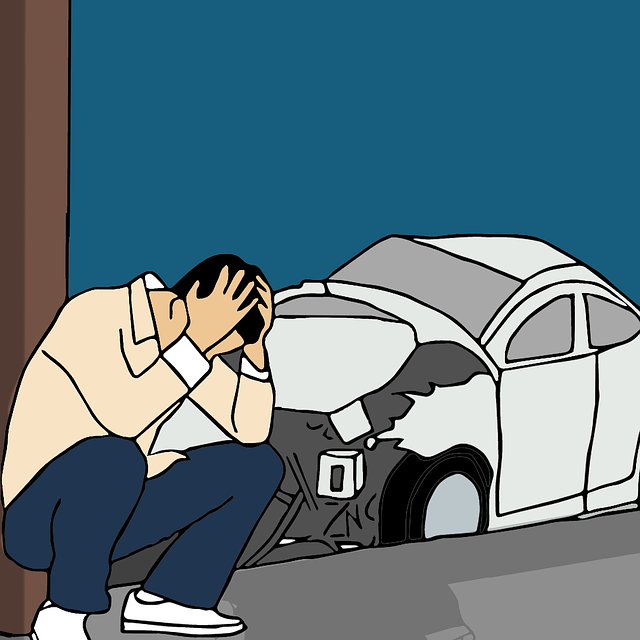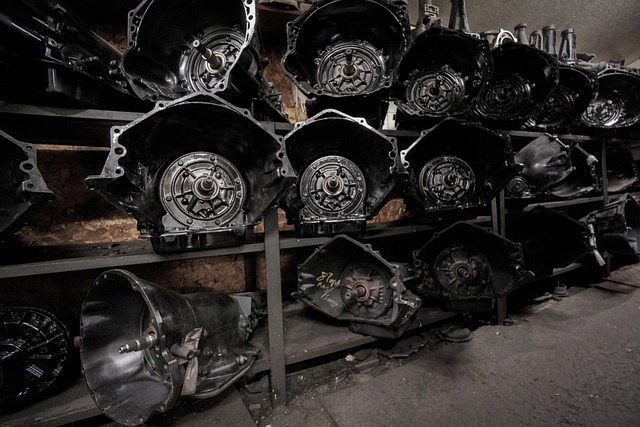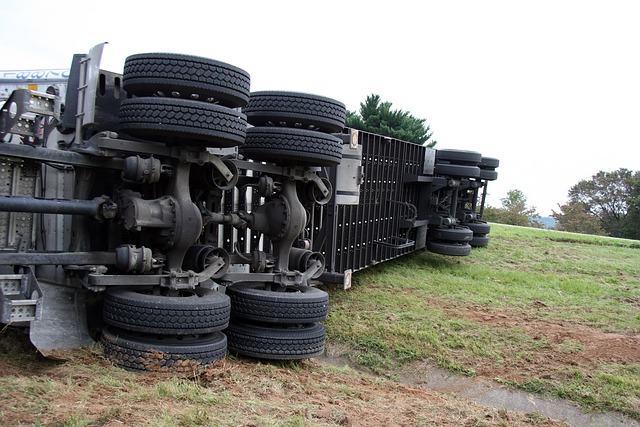Insurance company negotiations are strategic discussions between policyholders and insurers after a claim, like automotive collision repairs. Policyholders seek fair compensation while adjusters assess claims, evaluate repairs, and establish liability. Effective communication, clear policy understanding, and thorough preparation with incident details, repair estimates from reputable centers, and coverage limits are key to successful negotiations, which aim for swift, mutually beneficial resolutions.
Insurance company negotiations can often be a complex and lengthy process. However, understanding the dynamics and employing strategic approaches can significantly speed up outcomes. This article delves into the intricacies of insurance negotiations, exploring key players like insurers, policyholders, and adjusters, as well as common scenarios such as claim settlements and coverage disputes. We uncover essential factors that trigger faster resolutions, including clear communication, comprehensive documentation, and knowledgeable policyholders. Additionally, we provide strategic tips to accelerate negotiations, ensuring a smoother process for all involved parties.
- Understanding the Insurance Company Negotiation Process
- – Definition and purpose of insurance company negotiations
- – Key players involved (insurer, policyholder, adjuster)
Understanding the Insurance Company Negotiation Process

The insurance company negotiations process is a carefully orchestrated dance between the policyholder and the insurer. It begins when a claim is filed, often following an incident like a car accident at a collision repair center or automotive collision repair shop. The policyholder initiates the talks, aiming to reach a mutually agreeable settlement for the damage incurred. Insurance adjusters respond by assessing the claim, evaluating repairs needed, and determining liability. This stage sets the tone for negotiations, as both parties seek to protect their interests.
Effective communication and a clear understanding of one’s policy terms are pivotal during these discussions. Policyholders should be prepared with all relevant information about the incident, repair estimates from reputable collision repair centers, and knowledge of their coverage limits. By being well-informed, individuals can navigate negotiations more confidently, ensuring they receive fair compensation for their automotive collision repair needs while adhering to policy parameters.
– Definition and purpose of insurance company negotiations
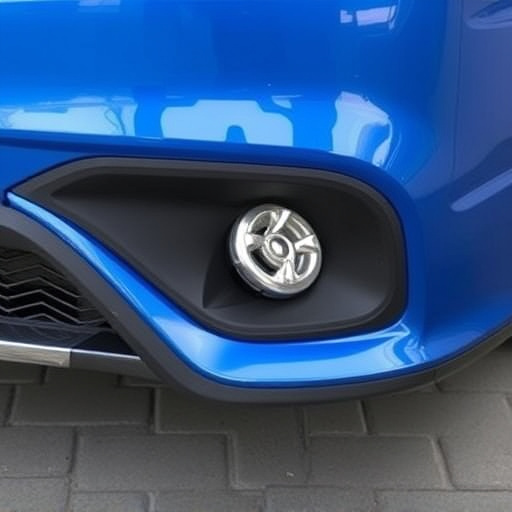
Insurance company negotiations are a critical process where insured individuals or businesses interact with their insurance providers to resolve claims and agree on compensation for losses or damages. These negotiations serve as a means to find mutual agreement regarding the extent of coverage, the value of repairs or replacements, and the overall settlement amount. The primary purpose is to reach a fair and swift resolution, ensuring that policyholders receive the benefits they are entitled to while insurance companies manage their financial risks effectively.
Efficient negotiations can lead to quicker settlements, which is beneficial for all parties involved. For individuals dealing with car damage repair or dent removal, timely negotiations mean faster restoration of their vehicles and reduced financial burden. Collision repair shops, as a service provider in this domain, play a crucial role in facilitating these discussions by offering expert assessments and cost-effective solutions, thereby contributing to the overall insurance company negotiation process.
– Key players involved (insurer, policyholder, adjuster)
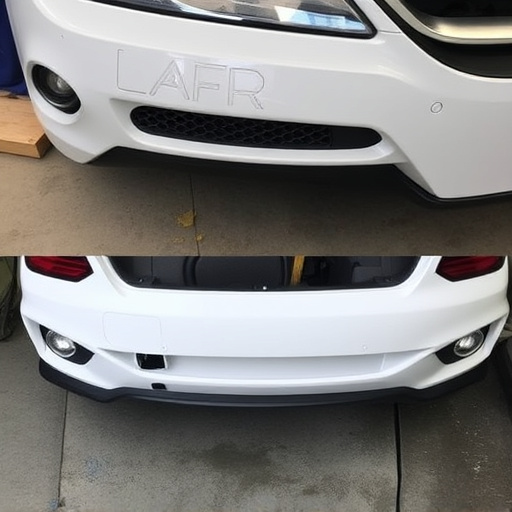
When it comes to insurance company negotiations, several key players are involved, each with distinct roles that significantly impact the outcome. The insurer, responsible for providing coverage and managing risks, aims to minimize costs while ensuring policyholders receive fair compensation. Policyholders, on the other hand, seek appropriate reimbursement for damages, be it from a car collision repair or minor car dent repair, after an accident. They want their losses covered accurately and efficiently.
The adjuster, a crucial intermediary, plays a vital role in these negotiations. They assess damage to vehicles, such as those taken to an auto body shop, and determine the cost of repairs or replacements. Adjusters’ expertise and objectivity are essential in reaching mutually agreeable settlements, ensuring both insurers and policyholders benefit from fair and swift resolutions.
Insurance company negotiations can be streamlined through a comprehensive understanding of the process and proactive strategies. By recognizing the roles of key players like insurers, policyholders, and adjusters, and employing techniques that focus on clear communication, documentation, and evidence, policyholders can achieve faster and more favorable outcomes. Ultimately, being well-informed and prepared is essential for navigating these negotiations successfully.


